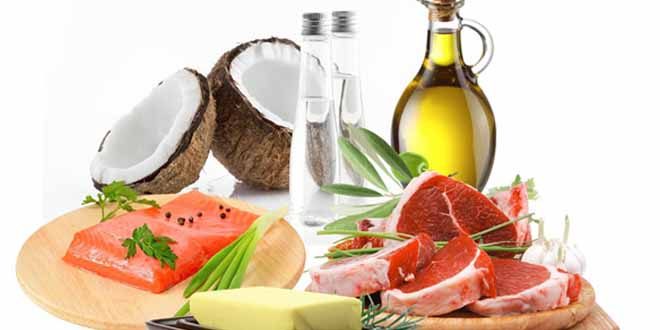
Not All Fats Are Bad For You!
Fats are bad for you, right? Not exactly! If you consume all the wrong ones then the answer to that question is an undeniable yes. The truth is that very few people know the distinction between good and bad fats. When awareness about the risks of excessive fat consumption began to spread like wildfire, the good and bad fats were bundled together and collectively blamed for causing diabetes, obesity and cardiovascular diseases. It’s time to clear that confusion so that you can make the distinction on your own.
Some fats are essential for your body, and experts recommend that they be included in your regular diet. Your body is not equipped to internally manufacture all the essential compounds it requires. That is exactly why a well-balanced diet is so vital for healthy living. So which fats are healthy and which ones should be shunned? Let’s take a look!
Fats: The Good Kind
According to experts, healthy fats fall under two broad categories, as discussed below. You can obtain both types from natural and fresh foods.
Mono-unsaturated
Mono-unsaturated fat sources include sesame seeds, almonds, hazelnuts, pecans, olive oil, canola oil, and peanut oil. Why is a regular dose of this type of fat important for you? It reduces the risk of cardiovascular diseases, fluctuating cholesterol levels, and type 2 diabetes. Moreover, it also helps to regulate blood sugar levels.
Poly-unsaturated
Poly-unsaturated fat sources include omega 3 fatty acids and the lesser known omega 6 fatty acids. Omega 3 fatty acids reduce the risk of cardiovascular concerns such as heart inflammation, and erratic heart rhythms. Omega 6 fatty acids play the instrumental role of regulating cholesterol levels and blood sugar levels in the body.
Walnuts and soybean oil are rich sources of both types of poly-unsaturated fats. Foods that are an exceptional source of omega 3 fatty acids include oily fish such as tuna and trout, flaxseeds, and canola oil. Omega 6 can be obtained in rich quantities from sunflower seeds, sunflower oil, corn oil, and safflower oil.
Fats: The Ones That Should Be Avoided
So now that you know which fats are healthy for you, let’s identify the ones that you should stay away from. Trans and saturated fats are two of the key culprits that are associated with a plethora of health concerns. Out of the two evils, trans fats are definitely more injurious to health than saturated ones. While the latter increases the risk of cholesterol problems and cardiovascular diseases, the former increases the risk of stroke, diabetes, inflammation, in addition to cholesterol and heart problems.
In general, processed foods are the chief hub of poly-unsaturated fats. To cut down on your intake of both types of fat consumption, steer clear of refined foods such as white bread and white rice, fried food, and baked treats such as cakes and biscuits.
Healthy Dietary Habits, One Step at a Time
Now that you have a clear idea about what good and bad fats are, you can make the right food choices for better health. It won’t be easy at first, because bad ones are present in most of the popular foods available in the market today. Take it one step at a time by cutting down on the quantities of unhealthy food that you eat on a regular basis. Consult your doctor for a well-balanced dietary schedule that includes good fat food sources, as well as other nutrients and minerals.

